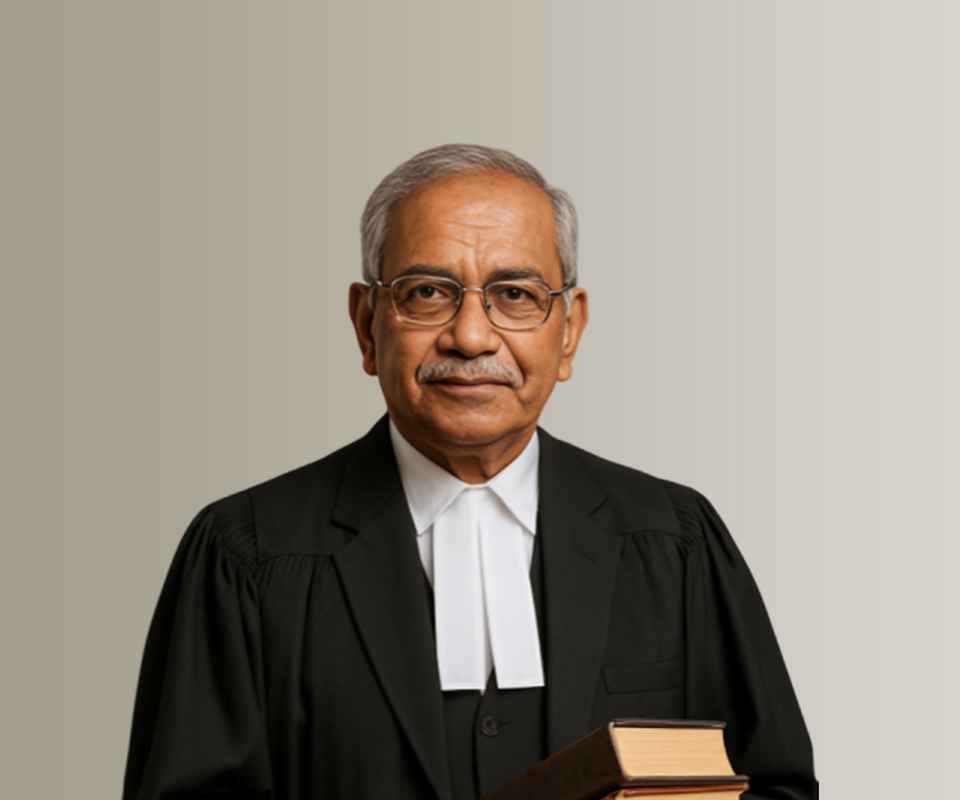Answer By law4u team
Child support is a parent’s financial obligation to ensure the well-being of their child, typically paid to the custodial parent by the non-custodial parent. But what happens if the non-custodial parent passes away? Can their estate be used to continue fulfilling the child support obligation? The answer can be nuanced and depends on several factors, including the parent’s estate planning, the availability of assets, and how child support orders are enforced in probate courts.
While child support obligations generally end with the death of the parent, there are circumstances where the deceased parent's estate can be responsible for fulfilling outstanding child support payments. This could involve life insurance policies, assets in the estate, or even specific bequests made by the deceased to support the child. However, the court must review these factors in light of existing estate laws and the child’s financial needs.
Can Estates Be Used to Fund Child Support?
Child Support Obligations and Death of Parent
When a non-custodial parent passes away, child support obligations generally do not transfer to the deceased parent’s estate unless specified in a legal document or insurance policy. In many cases, child support orders stop at death, and any unpaid support owed up to the time of death is typically settled through the probate process. However, there are exceptions, especially in cases where life insurance or other assets were designated to cover ongoing support needs.
Example: A court may award the custodial parent access to a deceased parent’s life insurance policy proceeds to help cover child support obligations that were unpaid at the time of death.
Estate as a Source of Child Support
If a parent’s will or trust specifically stipulates that part of their estate is to be used for child support, then the estate may fund those obligations. For instance, a parent could leave instructions for their estate to allocate funds to meet future child support obligations after their death.
Example: A parent may establish a trust fund in their will, specifying that certain assets should be liquidated to pay child support for a specified period, or until the child reaches adulthood.
Probate Court and Enforcement of Child Support
When a parent passes away with outstanding child support obligations, the executor of the estate is responsible for handling the deceased’s financial matters, including settling debts. If the deceased parent owed back child support at the time of their death, it may be paid from the estate’s assets. Additionally, the probate court may be asked to prioritize the child support payments over other debts, particularly if the deceased parent had a significant amount of unpaid child support or if it was stipulated in the court’s order.
Example: If a parent owes child support and their estate is large enough, the probate court may approve the use of estate assets (bank accounts, real property, etc.) to cover outstanding child support payments owed to the custodial parent.
Life Insurance as a Fund for Child Support
A life insurance policy may also be used to provide for the child’s future support after the non-custodial parent’s death. If a non-custodial parent has a life insurance policy with a named beneficiary (such as their child or ex-spouse), the proceeds of the policy may be used to cover future child support obligations. In many cases, the court can enforce the policy’s payout to ensure it serves its intended purpose.
Example: A parent’s life insurance policy could be structured so that the death benefits go directly to the child or the custodial parent, providing them with a source of income to continue supporting the child’s needs.
Spousal and Child Support Set-Offs
If a parent owes both spousal support and child support, the estate may need to settle both obligations. Depending on the jurisdiction, there might be a set-off or priority rules in place that dictate how debts are settled, with child support often taking precedence. This can make it more likely that the child’s needs are prioritized when distributing the estate’s assets.
Example: If a deceased parent owed both spousal and child support, the estate might prioritize the child support payments, ensuring the child’s welfare is provided for before other debts are settled.
Trusts and Special Provisions
A trust may be established during the deceased parent’s lifetime or in their will to ensure that the child continues to receive support after the parent’s death. Trusts can be carefully structured to meet the needs of the child, providing both regular support payments and larger sums for things like education or medical care.
Example: The deceased parent might establish a trust in their will, directing the trust’s assets to fund child support payments until the child reaches a certain age or milestone, such as completing college.
Inheriting Money or Property to Fund Support
If a child is the beneficiary of an inheritance from the deceased parent, the inheritance may be used to help provide for the child’s ongoing financial needs. While the child’s estate may not directly continue child support payments, any money or property the child inherits can contribute to their long-term financial security.
Example: A child might inherit property or liquid assets from their deceased parent, which can be used by the custodial parent to support the child’s education or other financial needs.
Contesting Estate Provisions for Child Support
In some cases, the custodial parent or guardian may need to contest the estate if it is believed that the deceased parent’s assets or life insurance policies were not appropriately allocated for child support. This might be necessary if the parent had obligations that were not addressed in the will or probate process.
Example: If a parent’s will was unclear or did not adequately address child support, the custodial parent may challenge the distribution of assets to ensure that their child’s support needs are met.
Example:
Scenario:
David, a father with a 10-year-old daughter, passed away unexpectedly. He had been paying child support but had fallen behind on his payments. David’s estate is being probated, and the daughter’s mother, Sarah, is concerned that she will not be able to collect the back child support owed.
Steps the Court Might Take:
Probate Process:
The probate court will first identify any outstanding debts David owed, including child support. The executor of the estate is responsible for ensuring that these debts are paid from the estate’s assets.
Life Insurance:
If David had a life insurance policy with Sarah or the child as a beneficiary, the funds might be used to fulfill some or all of the outstanding child support obligations.
Trust Fund:
If David set up a trust to benefit his daughter after his death, the court would ensure that the trust's assets are used to meet her financial needs, including child support.
Payment from Estate:
The court may approve the use of David’s estate to cover any back child support owed, ensuring that the child's needs are met even after David’s death.
Conclusion:
Yes, estates can be used to fund child support, especially in cases where a parent passes away with outstanding obligations or has made provisions for their child’s support through life insurance, wills, trusts, or other assets. Courts typically prioritize the child’s needs and will ensure that estate assets are appropriately allocated to meet those needs, either directly through probate procedures or by honoring specific provisions made by the deceased parent. Executors and custodial parents can seek enforcement through the probate court to ensure that the child’s financial well-being continues to be supported after the parent’s death.







